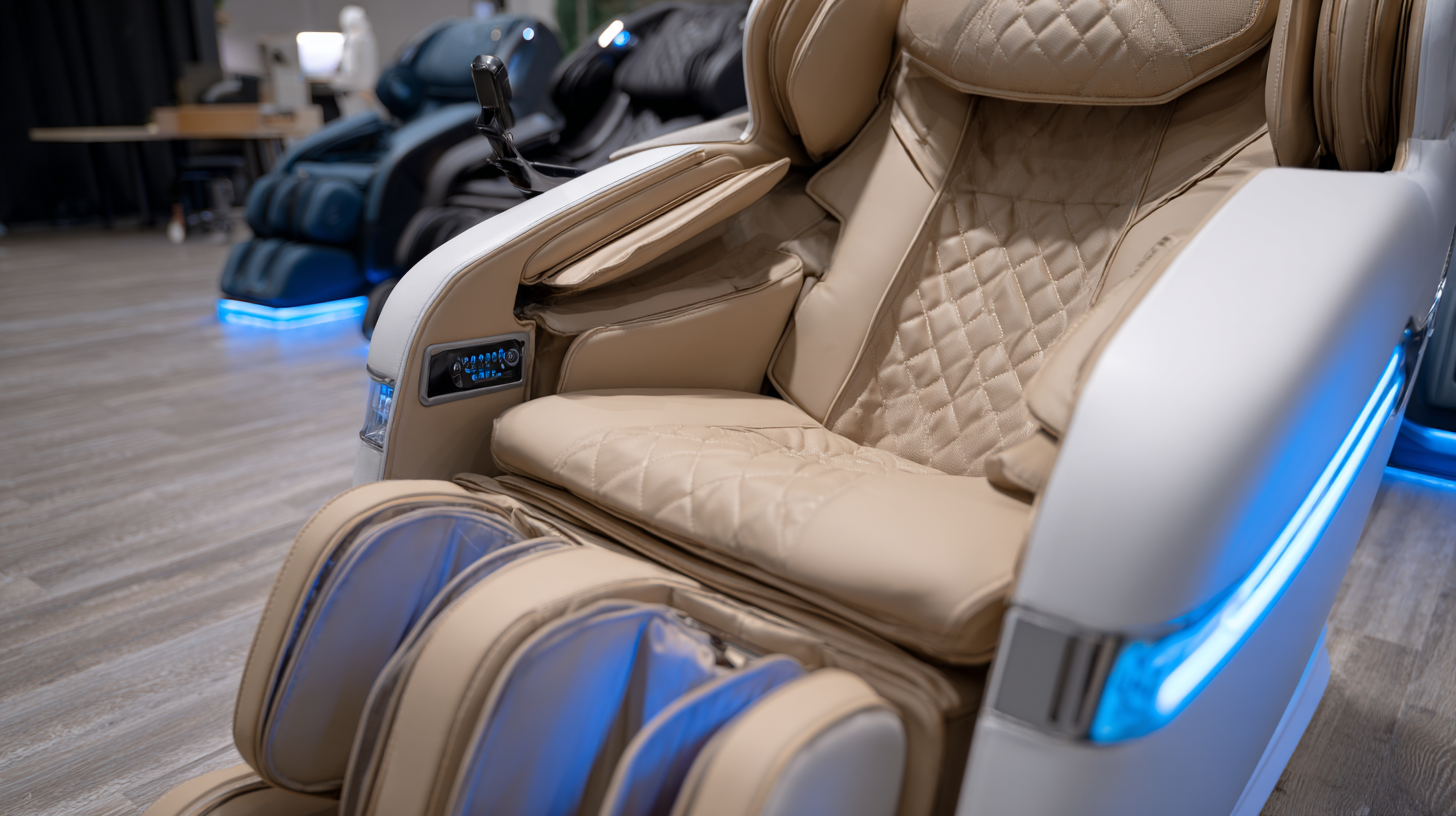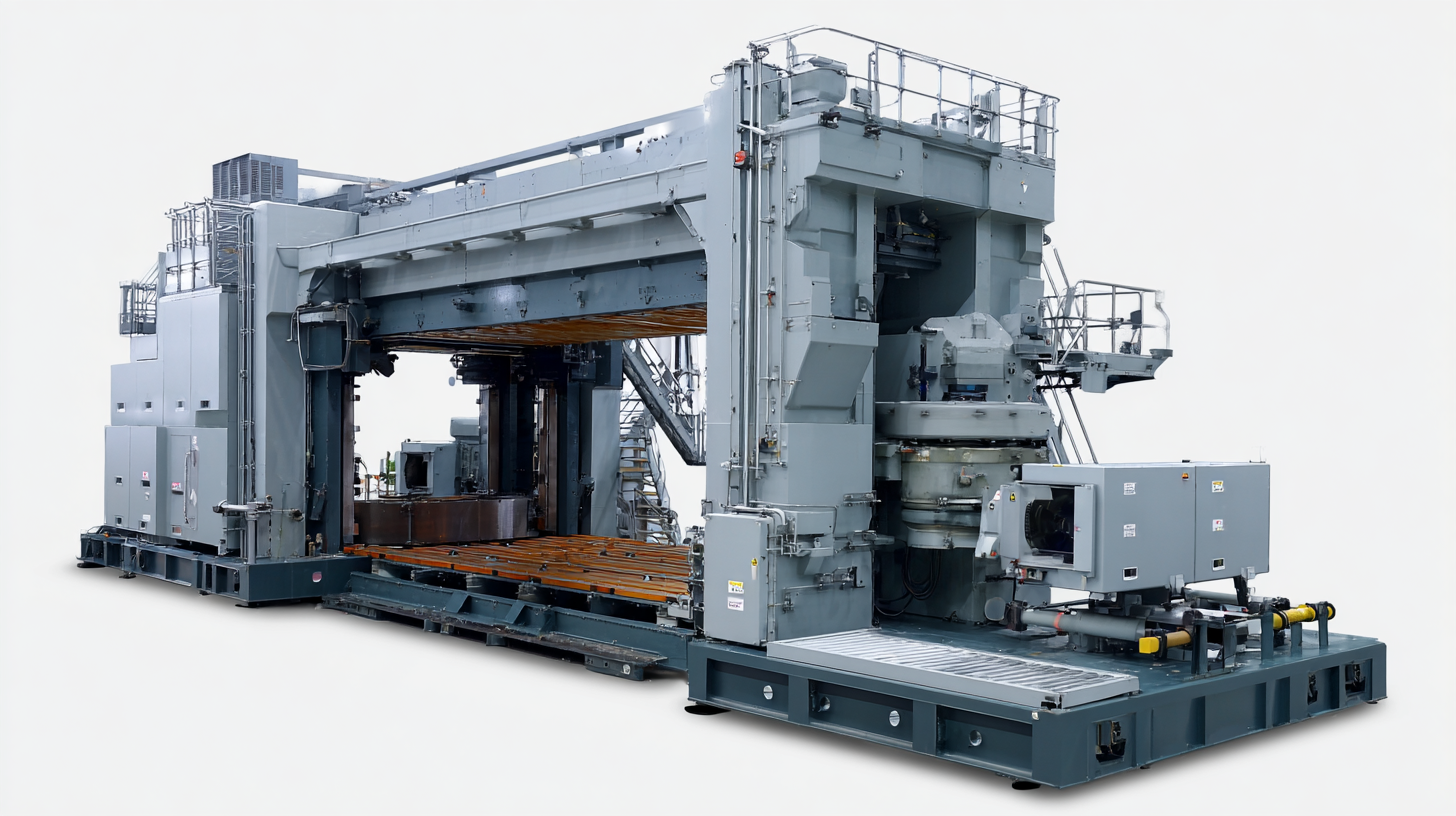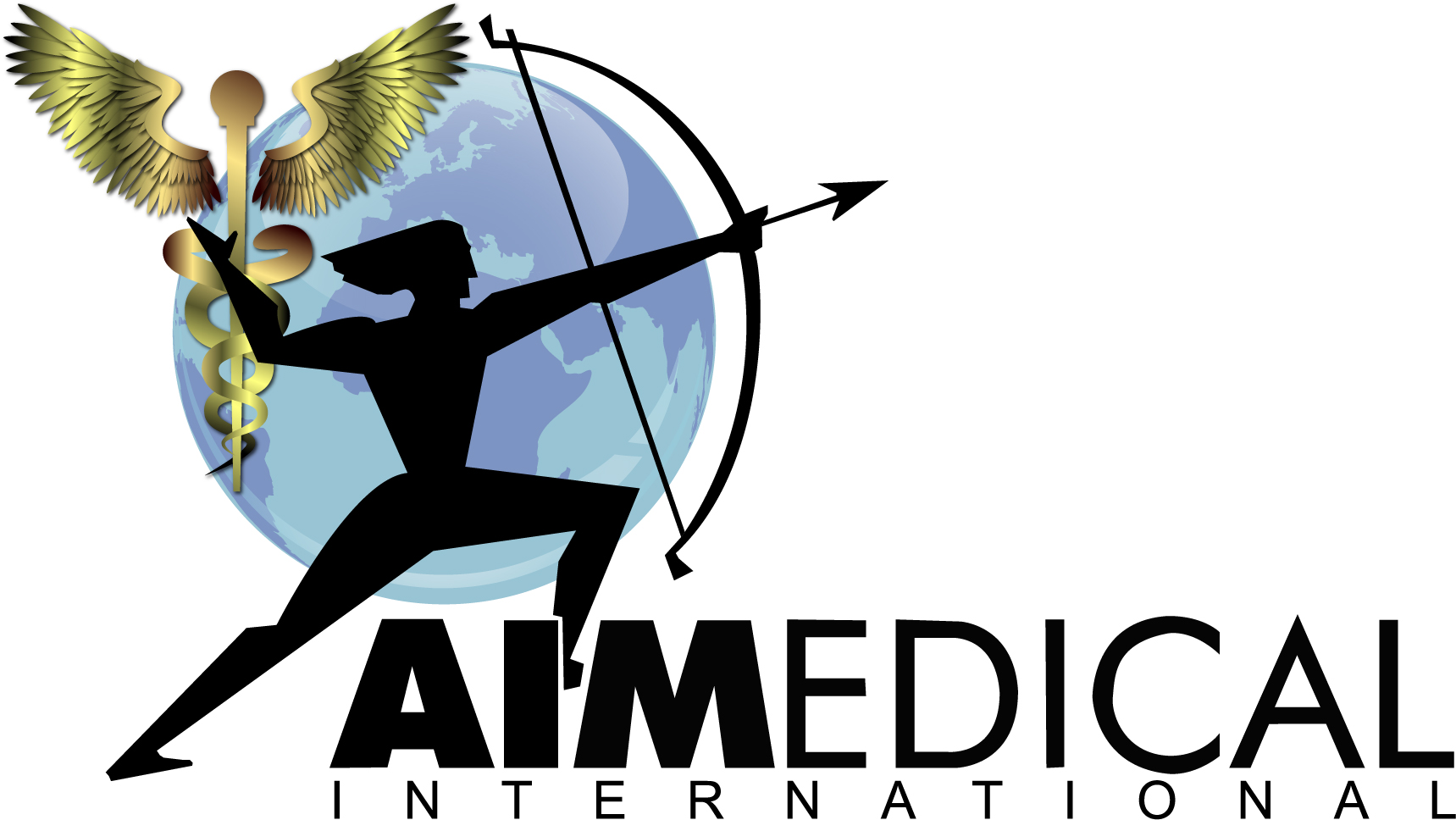Innovative Solutions for Finding the Best Used Tms Machine for Sale Globally
In recent years, the demand for Used Tms Machines for Sale has surged globally, driven by the rapid advancements in manufacturing technology and an increasing emphasis on cost-effective solutions. According to a report by the International Federation of Robotics, the market for used machinery is experiencing a robust growth rate, with an annual increase of approximately 7.5% projected over the next five years. This trend is largely attributed to the rising need for sustainable manufacturing practices and the pursuit of high-quality machinery at lower costs. As Chinese manufacturers continue to upgrade their production quality, the global market is witnessing an influx of competitively priced, high-performance used Tms machines that cater to diverse industries. Thus, identifying innovative solutions for sourcing these machines is becoming a strategic imperative for businesses worldwide, aiming to enhance operational efficiency without compromising on quality.

Challenges in Identifying Quality Used TMS Machines in the Global Market
Finding a high-quality used Transcranial Magnetic Stimulation (TMS) machine can be a daunting task, especially in the expansive global market. One of the primary challenges lies in the lack of standardization in selling practices across different countries. Sellers may not operate under consistent guidelines, leading to variations in equipment condition, usage history, and pricing. Consequently, buyers must navigate an array of listings that may not provide accurate or complete information, making it difficult to identify machines that meet specific clinical needs.
Additionally, verifying the quality and functionality of used TMS machines can be problematic. Many machines may have undergone repairs or modifications that are not disclosed by the seller. Without a reliable way to assess their performance, buyers risk investing in equipment that could lead to suboptimal treatment outcomes for patients. To tackle these challenges, prospective buyers should seek out unbiased reviews, conduct thorough background research on sellers, and consider partnering with reputable equipment brokers who specialize in TMS technology. By implementing these strategies, they can enhance their chances of finding reliable, high-quality used TMS machines in the global marketplace.

Key Factors to Evaluate When Searching for Pre-Owned TMS Machines
When searching for pre-owned Transcranial Magnetic Stimulation (TMS) machines, several key factors must be evaluated to ensure that you are making a wise investment. First, consider the machine's condition and usage history. According to a report by the Global TMS Market Analysis, over 60% of used TMS machines have been found to maintain their effectiveness even after extensive use if properly maintained. It's crucial to request maintenance records and user feedback to ensure that the machine has been well cared for prior to purchase.
Next, assess the technology and features of the TMS machine. Newer models often offer enhanced capabilities, such as advanced treatment protocols and better patient comfort features. Data from the National Institute of Mental Health indicates that TMS therapies have a success rate of around 70% when utilizing the latest technology, compared to older models which show a reduced efficacy of approximately 50%. Therefore, investing in a relatively newer pre-owned model can substantially impact treatment outcomes.
Lastly, consider the availability of support and parts post-purchase. A study published in the Journal of Clinical Psychiatry emphasized that having access to reliable customer support and readily available replacement parts significantly reduces downtime and service costs. Engaging with sellers who have a solid reputation for after-sale services can ensure that your practice runs smoothly in the long term. By keeping these factors in mind, you will be better positioned to find the best used TMS machine for your needs.
Innovative Platforms and Tools for Sourcing Used TMS Equipment Worldwide
In the quest for sourcing the best used Transportation Management Systems (TMS) equipment globally, innovative platforms and tools are becoming essential. With a growing number of companies seeking to optimize their logistics, the demand for TMS solutions has surged. Reports indicate that the TMS market is expected to reach a valuation of over $6 billion by 2024, highlighting the increasing reliance on advanced technology in transportation management.
One of the key innovative tools facilitating this sourcing process is online marketplaces that specialize in used equipment. These platforms not only allow businesses to access a broader inventory of TMS options but also often provide advanced filtering features that help buyers assess cost-effectiveness and operational compatibility. Additionally, with more than 98 companies in metropolitan hubs like Chicago focusing on innovative solutions, the landscape for sourcing TMS equipment has expanded, enabling firms to elevate their logistical capabilities without the hefty price tag of new systems.
Furthermore, the integration of AI-driven technologies into these platforms enhances the sourcing experience by offering predictive analytics and performance insights, ensuring that buyers can make informed decisions tailored to their specific needs. This evolution in sourcing mechanisms is reshaping how companies worldwide approach the acquisition of used TMS equipment, streamlining processes and fostering efficiency in an increasingly competitive market.
Average Prices of Used TMS Machines Globally (2023)
This chart illustrates the average prices of used TMS machines sold in different regions around the world. The data reflects the trends observed in 2023.
Navigating Legal and Compliance Issues in International TMS Machine Sales
Navigating the legal and compliance landscape in international TMS machine sales can be daunting but essential for successful transactions. Different countries have various regulations that can significantly impact how TMS machines are marketed and sold. Understanding these regulations will help businesses avoid potential legal pitfalls and ensure that all sales processes adhere to the required standards. It is crucial to stay updated on export controls and certification requirements that may differ from one jurisdiction to another.
**Tip:** Conduct thorough research on the legal requirements of your target markets. Consulting with local legal experts can provide insights into compliance issues specific to TMS machine sales, mitigating risks and ensuring a smoother transaction process.
Additionally, it’s important to consider the ethical sourcing of TMS machines. Ensuring that your machines comply with international health and safety standards can enhance your reputation and build trust with customers. This not only helps in compliance but also ensures that you are delivering quality products that adhere to global best practices.
**Tip:** Create a checklist that includes all necessary certifications and compliance documents needed for TMS machines in your target markets. This will streamline the sale process and help maintain consistency across different international transactions.

Best Practices for Inspecting and Verifying Used TMS Machines Before Purchase
When considering the purchase of a used Transcranial Magnetic Stimulation (TMS) machine, the importance of thorough inspection and verification cannot be overstated. According to a report by the Medical Devices & Diagnostics Industry, around 30% of used medical equipment does not meet safety and quality standards when resold.
Prospective buyers should therefore conduct a detailed assessment of the machine's condition, including verifying its maintenance history and checking for any modifications or repairs that could affect its functionality.
In addition to a physical inspection, it is vital to validate the machine's calibration and ensure that it complies with the latest industry standards. The FDA has stringent guidelines for TMS devices, and any used machine should come with the necessary documentation proving compliance.
Buyers should also seek out machines that include original manufacturer certification reports, which can provide insights into past performance and reliability. Furthermore, engaging with a certified technician for a pre-purchase evaluation could potentially save users from significant costs associated with repairs and upgrades, thus safeguarding their investment in a used TMS machine.
